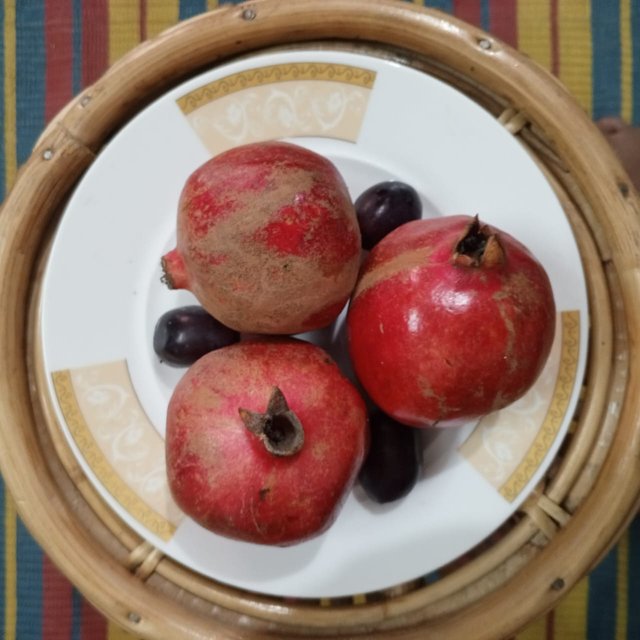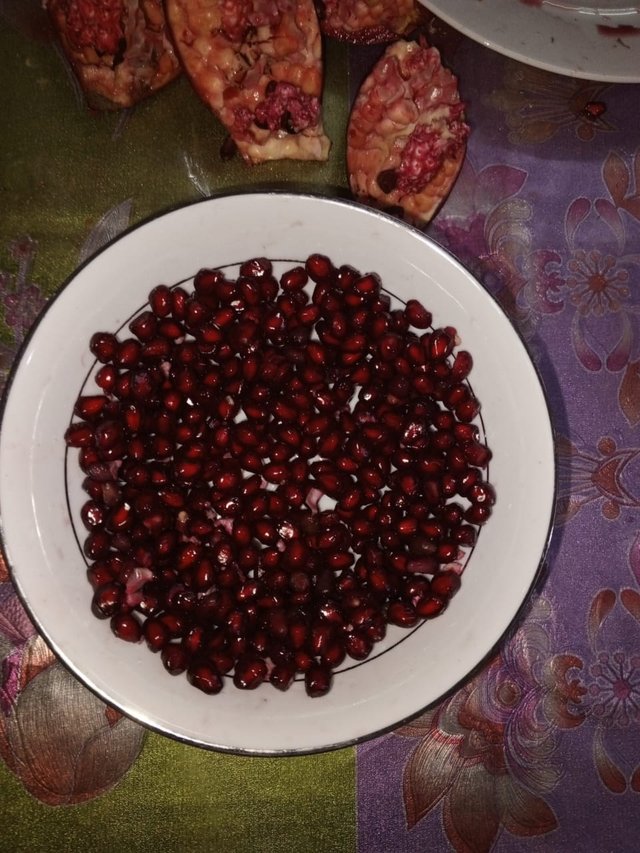
Firstly, due to old mythology and cultural beliefs, pomegranates have long been associated with blood symbolism. Greek mythology combines the pomegranate with the story of Persephone's fall into the underworld. Persephone was allegedly lured into swallowing pomegranate seeds, which caused her to spend a portion of the year tied to the underworld. Its symbolic association with blood has been influenced by the fruit's relationship to the underworld, where life and death converge.
.jpeg)
Apart from mythology, numerous cultures have been captivated by the pomegranate's likeness to blood over time. It's understandable why the fruit has been associated with life and fertility due to its vibrant red color and profusion of seeds. Pomegranates, for instance, were frequently shown with imagery of blood in literature and art because they were considered a sign of endless life in ancient Persia.
.jpeg)
But what occurs when you savor pomegranate flavor without thinking of anything macabre? Nevertheless, do not panic! Pomegranate seed consumption won't cause your veins to flood with red blood. Alternatively, you'll enjoy a tangy, sweet flavor explosion and many health advantages.

They help with digestion and heart health in addition to having anti-inflammatory qualities.Pomegranates in the kitchen give many different meals a lovely burst of color and taste. Remember to include the juice! Even the darkest days are brighter with a glass of freshly squeezed pomegranate juice, which tastes like liquid sunshine.
.jpeg)
Though it will provide a small taste of paradise to your palette, eating this fruit won't call up the spirits of the underworld. Salutations to the pomegranate, a ruby-red jewel found in nature!
To get support from the community curation team, you should power up
Downvoting a post can decrease pending rewards and make it less visible. Common reasons:
Submit